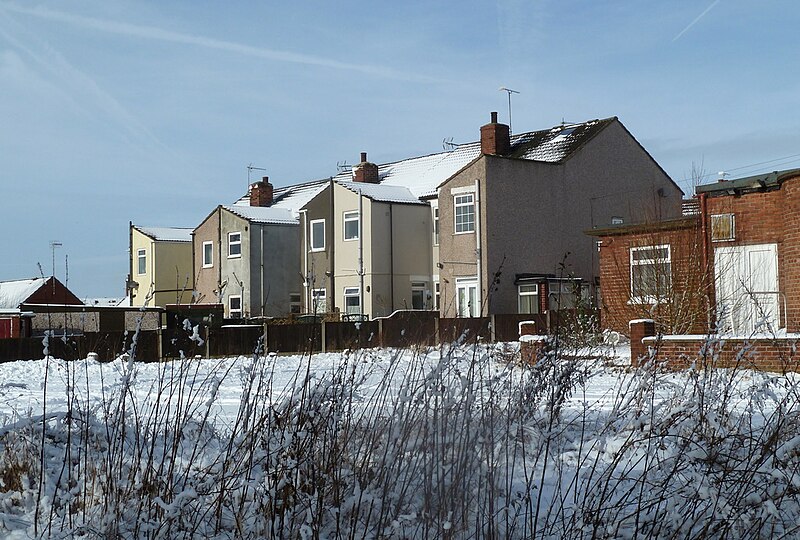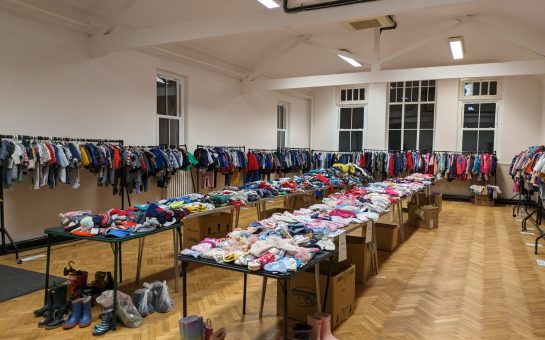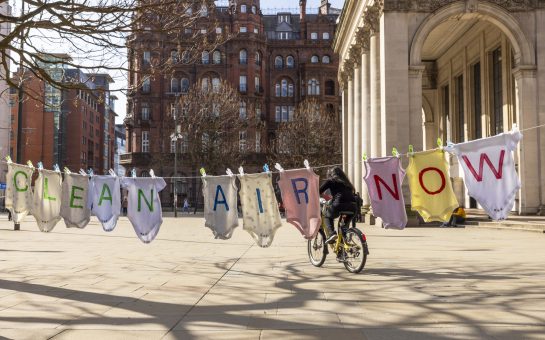An average of six people per day have died in the North West during winter because of cold homes since 2013, new analysis of official data has revealed.
The research, conducted by Greenpeace using ONS data, estimates that there have been more than 8,000 excess winter deaths in the last 10 years caused by cold and damp housing conditions, suggesting the government is failing to do enough to support homeowners to upgrade their insulation.
Paul Morozzo, Greenpeace UK’s fuel poverty campaigner, said: “Not only have successive governments failed to prevent this needless and shocking loss of life but they have fuelled this silent public health crisis by slashing insulation funding and failing to deliver a proper scheme to upgrade our cold, damp, draughty homes.”
Government support for installing home energy-efficiency improvements – such as cavity wall and loft insulation – has been at a historic low for the last 10 years.
Fewer than 200,000 such measures were installed in 2022, compared to more than 2.3 million in 2012, according to data from the Climate Change Committee.
The cost to the NHS of poorly insulated homes is estimated to be more than £850 million a year in England, with vulnerable groups such as the elderly and young children most at risk, according to the Building Research Establishment.
Morozzo added: “This persistent failure to protect lives in one of the easiest ways possible is also driving the rise in fuel poverty, the cost of living and climate crises.”
The UK has the least energy-efficient housing in Western Europe, according to the Institute for Government, which contributes to both excess winter deaths from cold and to higher-energy bills. Low energy efficiency is a key driver of fuel poverty, according to the Department for Energy Security and Net Zero.
Stuart Bretherton, from the campaign group Fuel Poverty Action, said: “The next government must set its ambitions high.
“Green policies are a necessity to reducing poverty and driving improvements to social wellbeing.”
Campaigners say that a national scheme to retrofit older, poorly-insulated housing is needed for the UK to reduce winter deaths and bring down household energy bills.
Labour had previously pledged to do just this, promising £6 billion a year for the next 10 years to upgrade housing insulation. However, these plans have been scaled back by 70% in a move criticized by groups including Greenpeace.
Government figures released last month show that 3.17 million UK households still live in fuel poverty, with 14.4% of households in the North West considered fuel poor, compared to 9.6% in the South East.
The fuel poverty gap in the North West, which measures the difference between required energy costs and the fuel poverty threshold, was £521, above the English average of £417, the second highest among English regions.
Featured image credit: Andrew Hill – Houses on Sherwood Street on a snowy day. This file is licensed under the Creative Commons Attribution-Share Alike 2.0 Generic license




